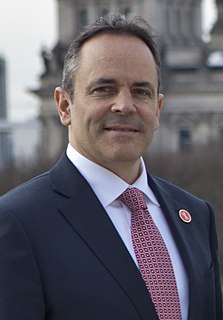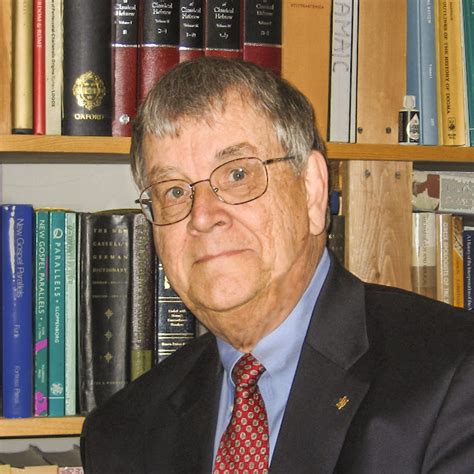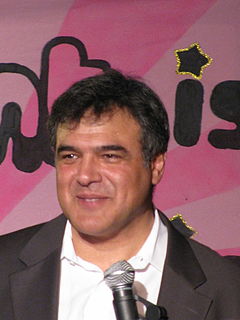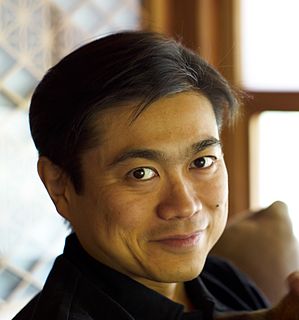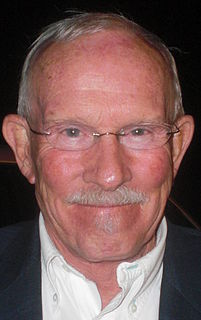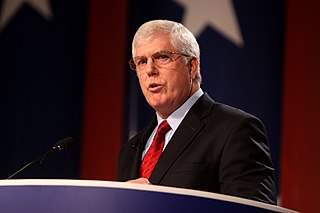A Quote by Matt Bevin
I'm a believer in the Constitution and in the First Amendment. Not just for raising money but also for freedom of speech.
Related Quotes
The First Amendment of the US Constitution ... is an eloquent repudiation of the First Commandment's prohibition of religious freedom. It is also a repudiation of the Third Commandment's prohibition of freedom of speech. The Thirteenth Amendment repudiates the institution of slavery which is so cozily assumed by the Fourth and Tenth Protestant Commandments.
The First Amendment and Fourteenth Amendment rights in the United States Constitution were being violated in Albany again and again - freedom of speech, freedom of assembly, the equal protection of the laws - I could count at least 30 such violations. Yet the president, sworn to uphold the Constitution, and all the agencies of the United States government at his disposal, were nowhere to be seen.
Two Soviets . . . were talking to each other. And one of them asked, "What's the difference between the Soviet Constitution and the United States Constitution?" And the other one said, "That's easy. The Soviet Constitution guarantees freedom of speech and freedom of gathering. The American Constitution guarantees freedom after speech and freedom after gathering."
The First Amendment's language leaves no room for inference that abridgments of speech and press can be made just because they are slight. That Amendment provides, in simple words, that "Congress shall make no law . . . abridging the freedom of speech, or of the press." I read "no law . . . abridging" to mean no law abridging.
The Constitution, in addition to delegating certain enumerated powers to Congress, places whole areas outside the reach of Congress' regulatory authority. The First Amendment, for example, is fittingly celebrated for preventing Congress from "prohibiting the free exercise" of religion or "abridging the freedom of speech." The Second Amendment similarly appears to contain an express limitation on the government's authority.
At the time of the adoption of the constitution, and of the amendment to it, now under consideration [i.e., the First Amendment], the general, if not the universal sentiment in America was, that Christianity ought to receive encouragement from the state, so far as was not incompatible with the private rights of conscience, and the freedom of religious worship.
Then President [Barack] Obama went on to argue that a citizen`s Second Amendment rights can be restricted without being infringed, just like any other rights. There are limits on your free speech and on your right to privacy. But he also made another nuanced Constitutional argument, that the rights enshrined in the Second Amendment must be balanced alongside the others rights guaranteed by the Constitution.
